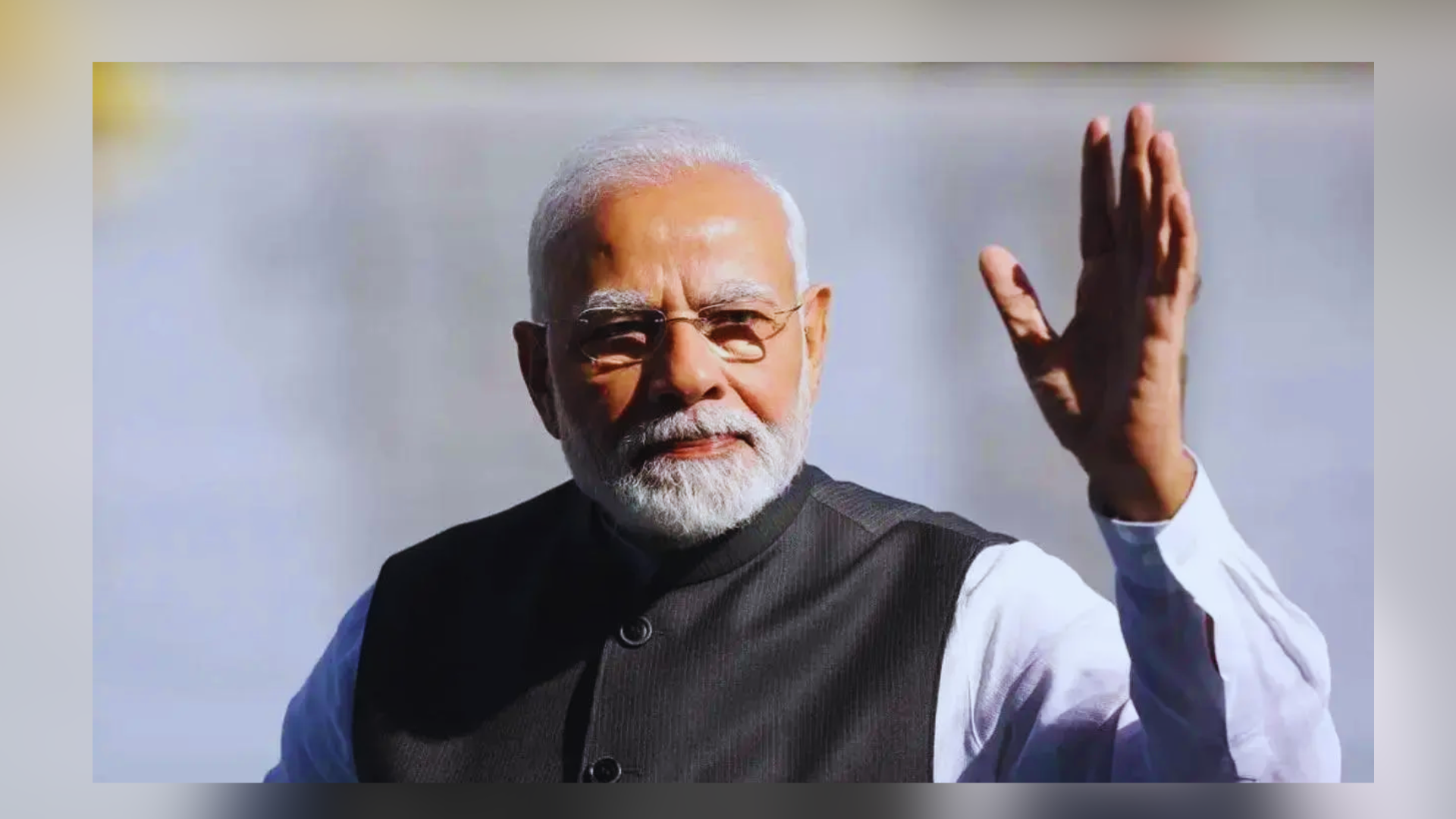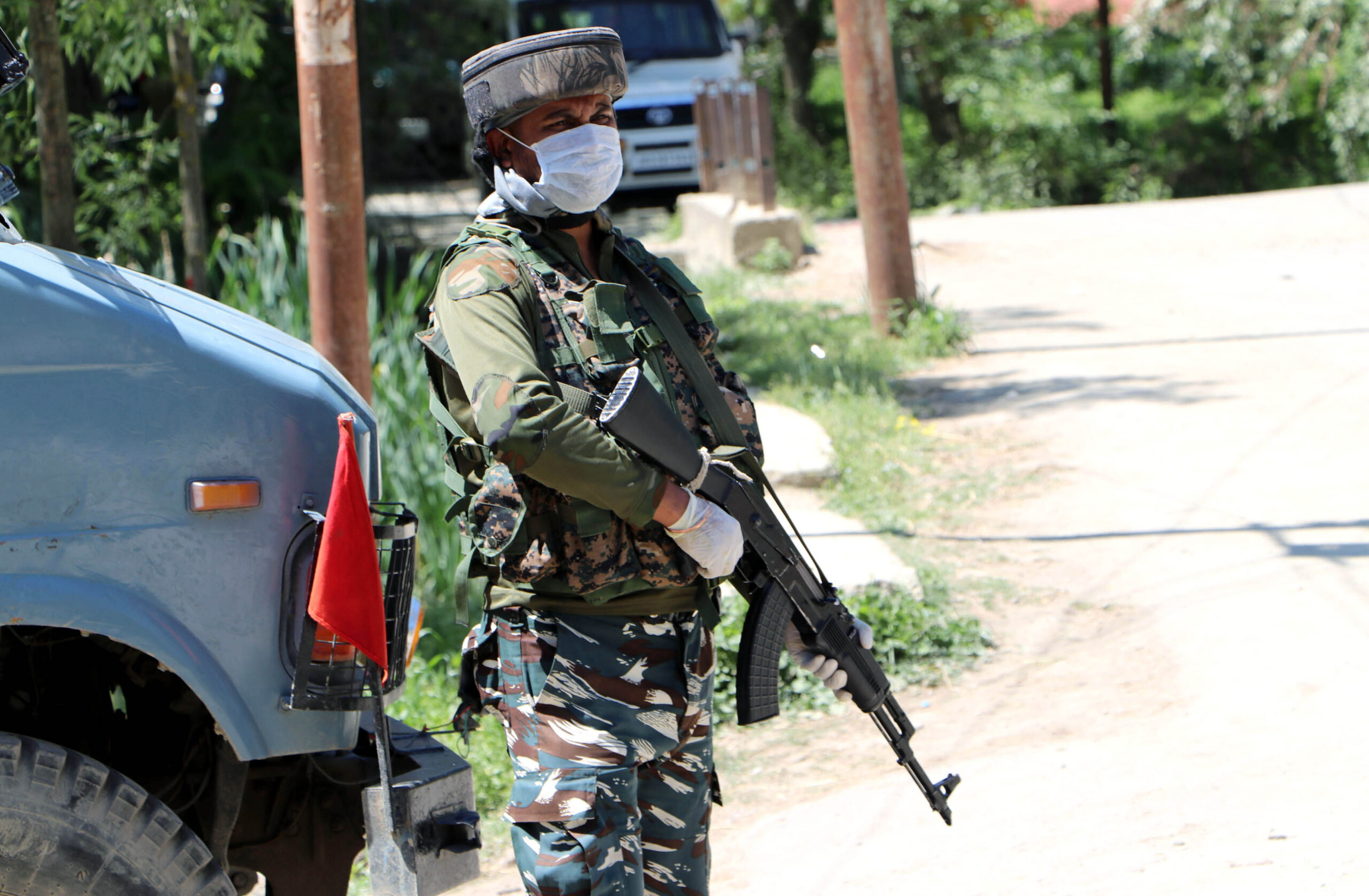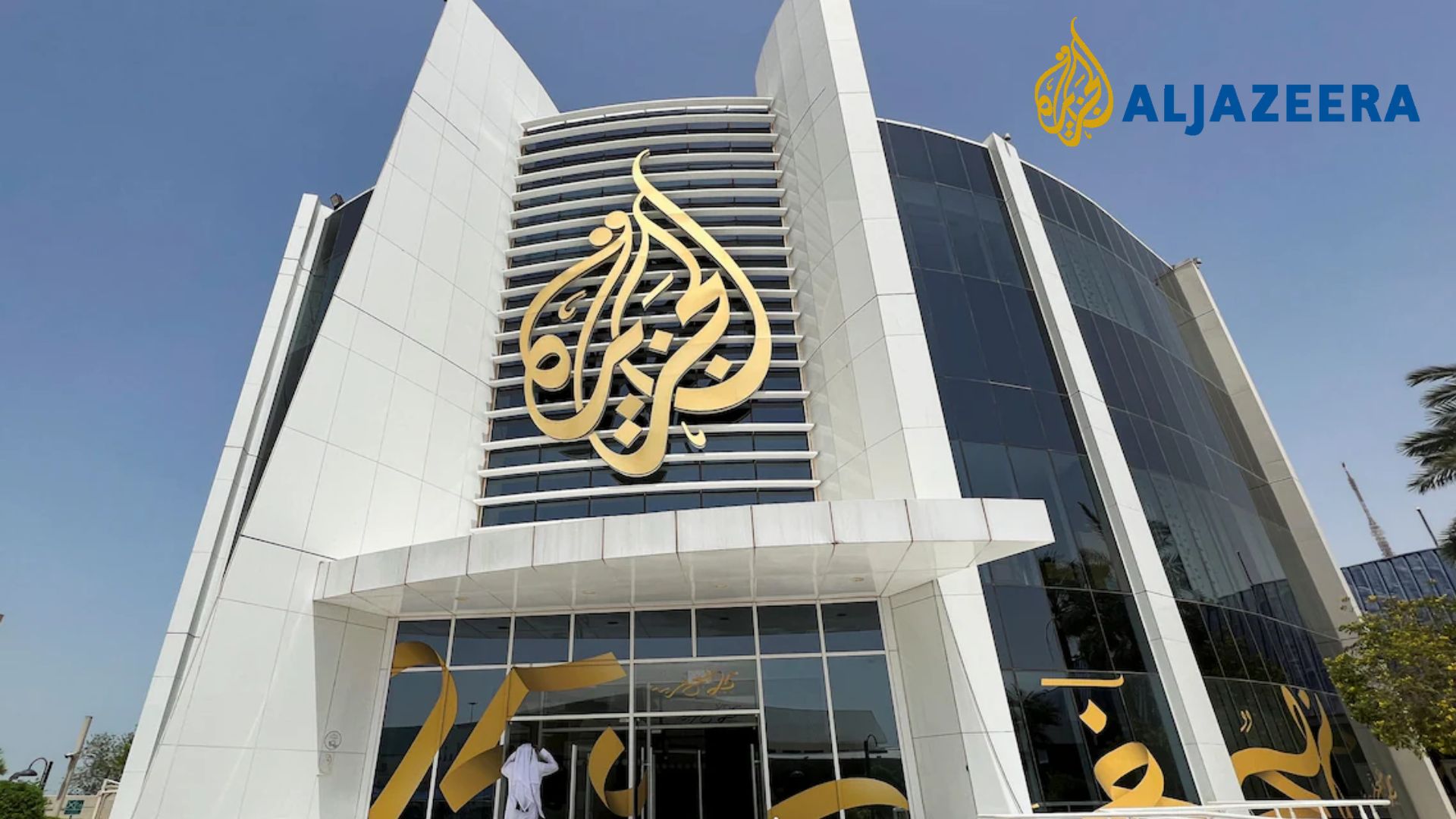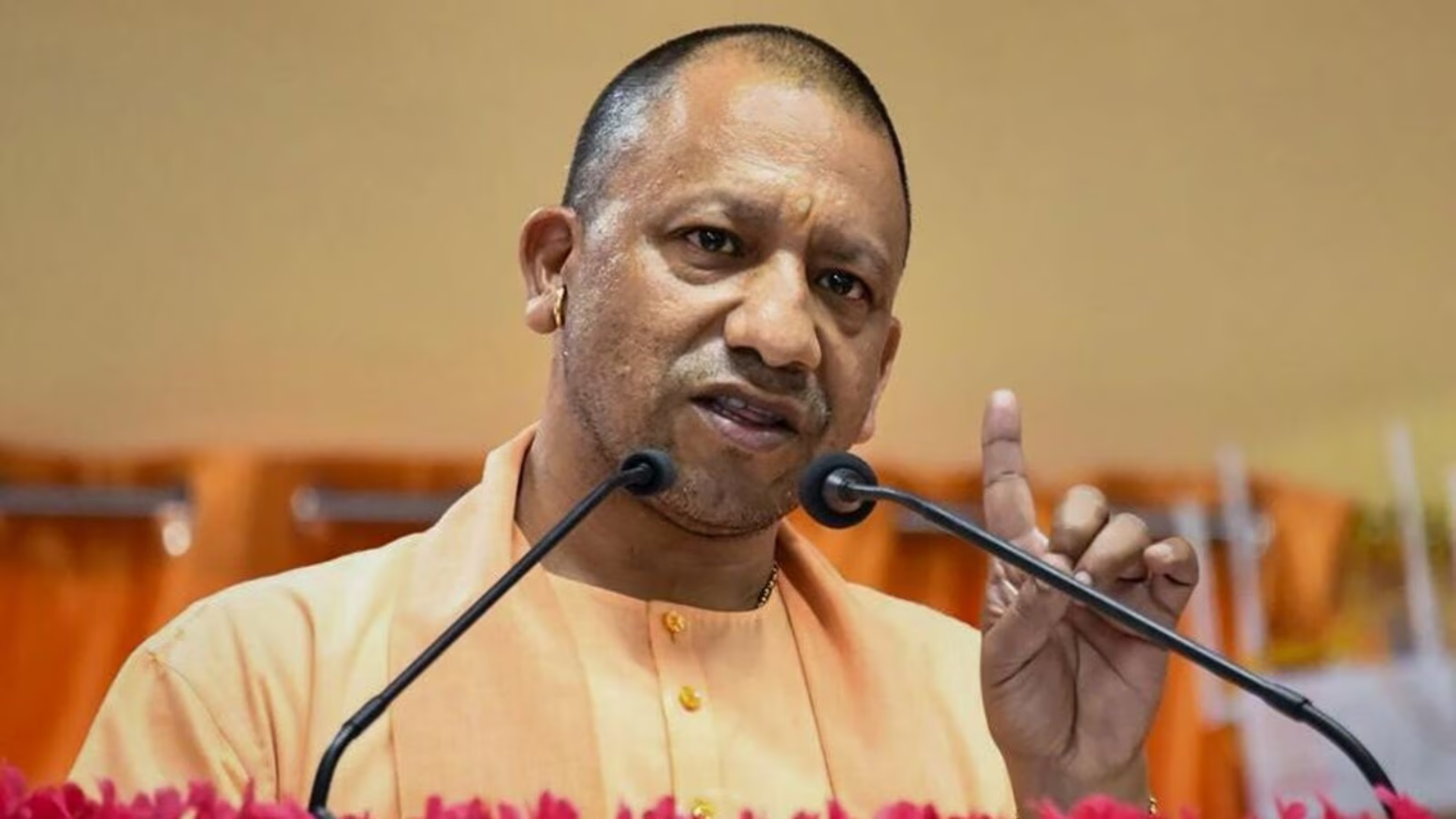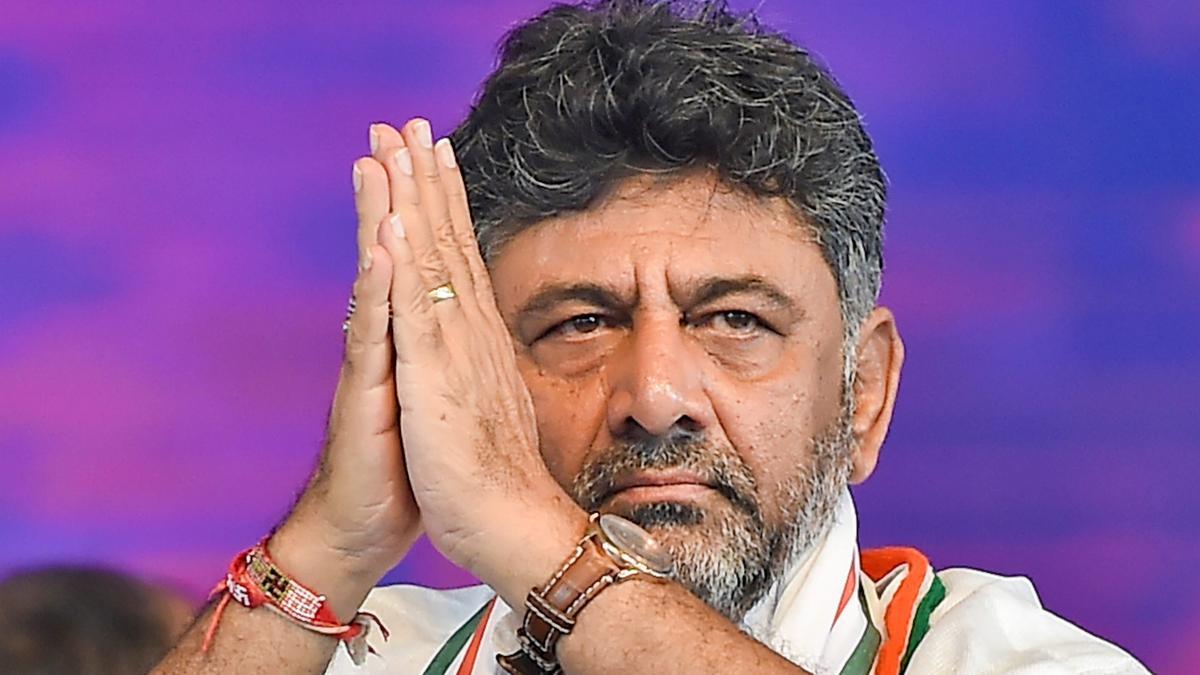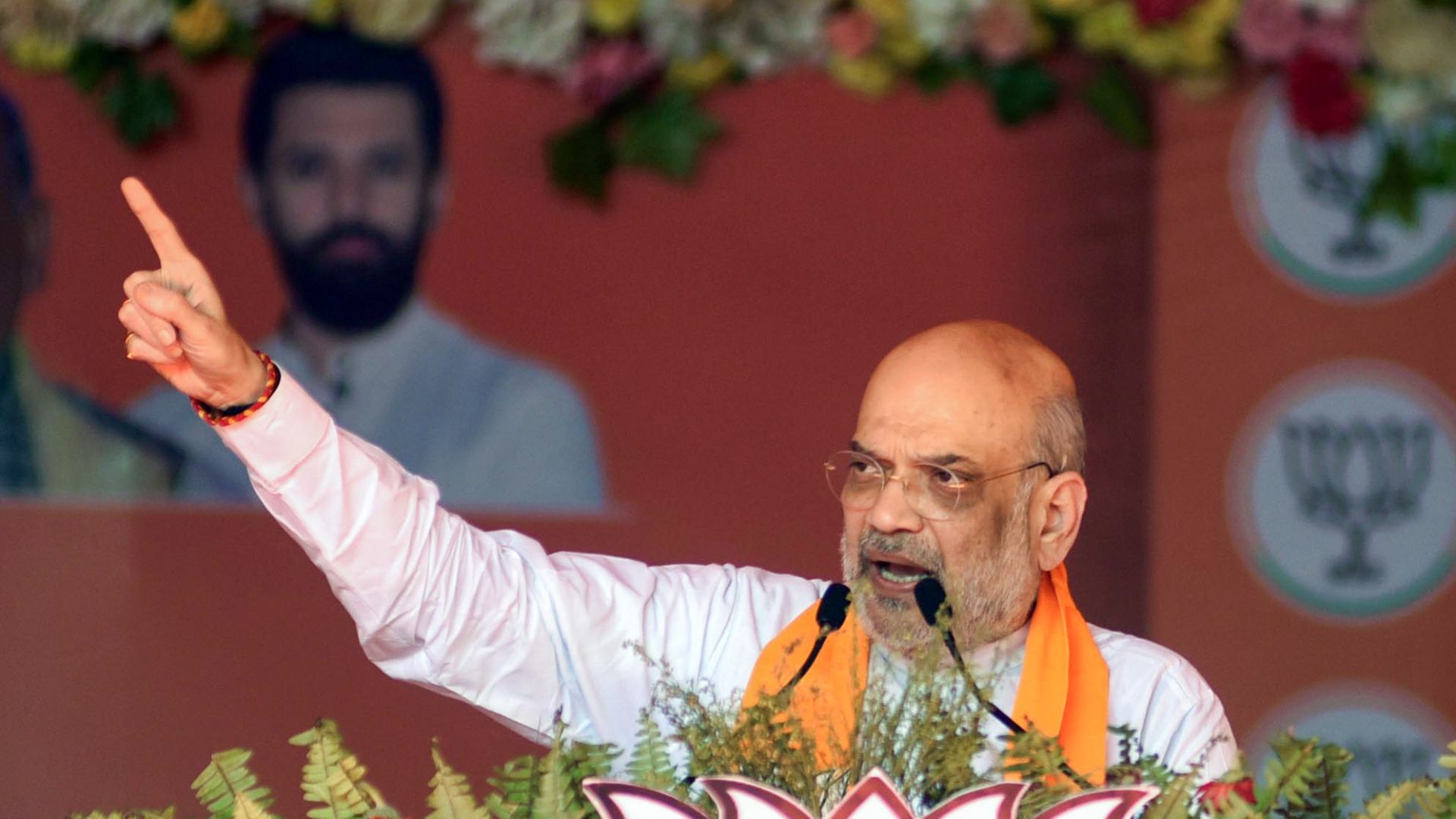



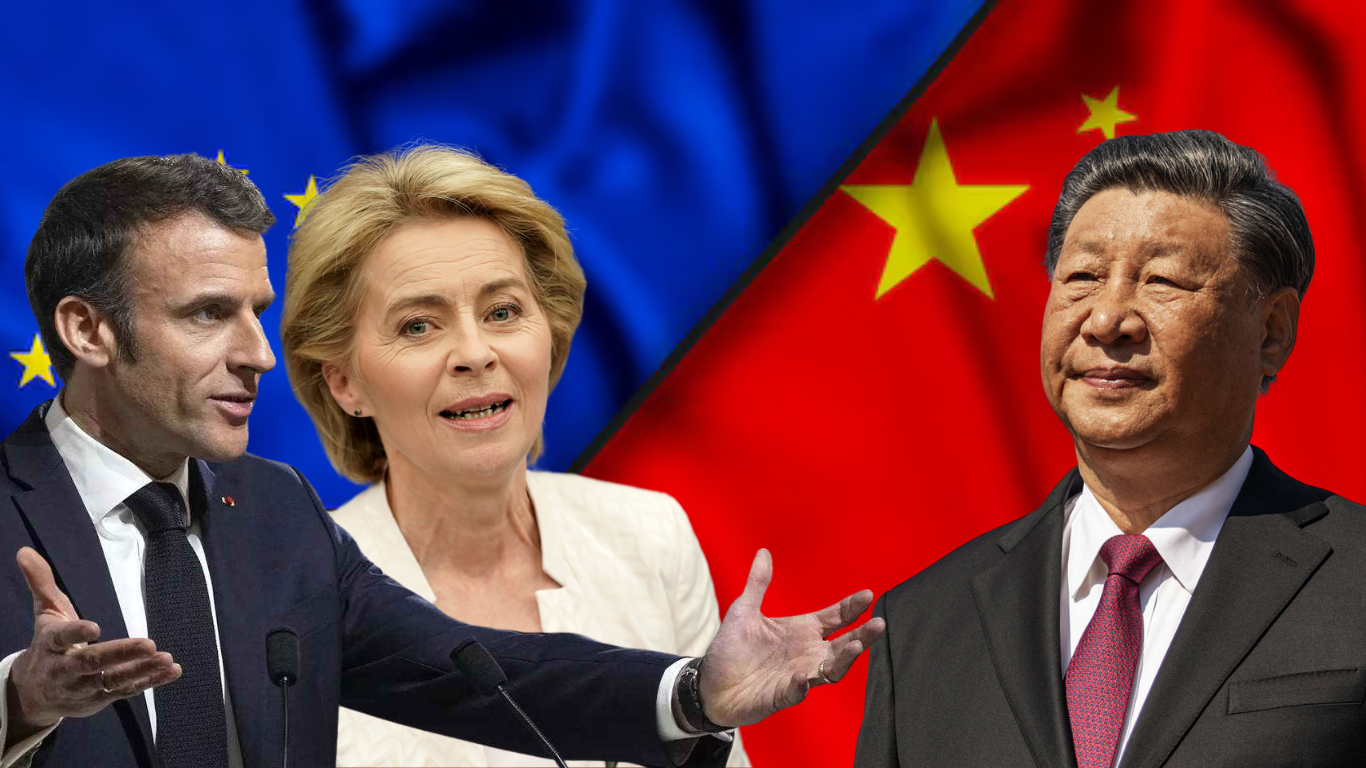
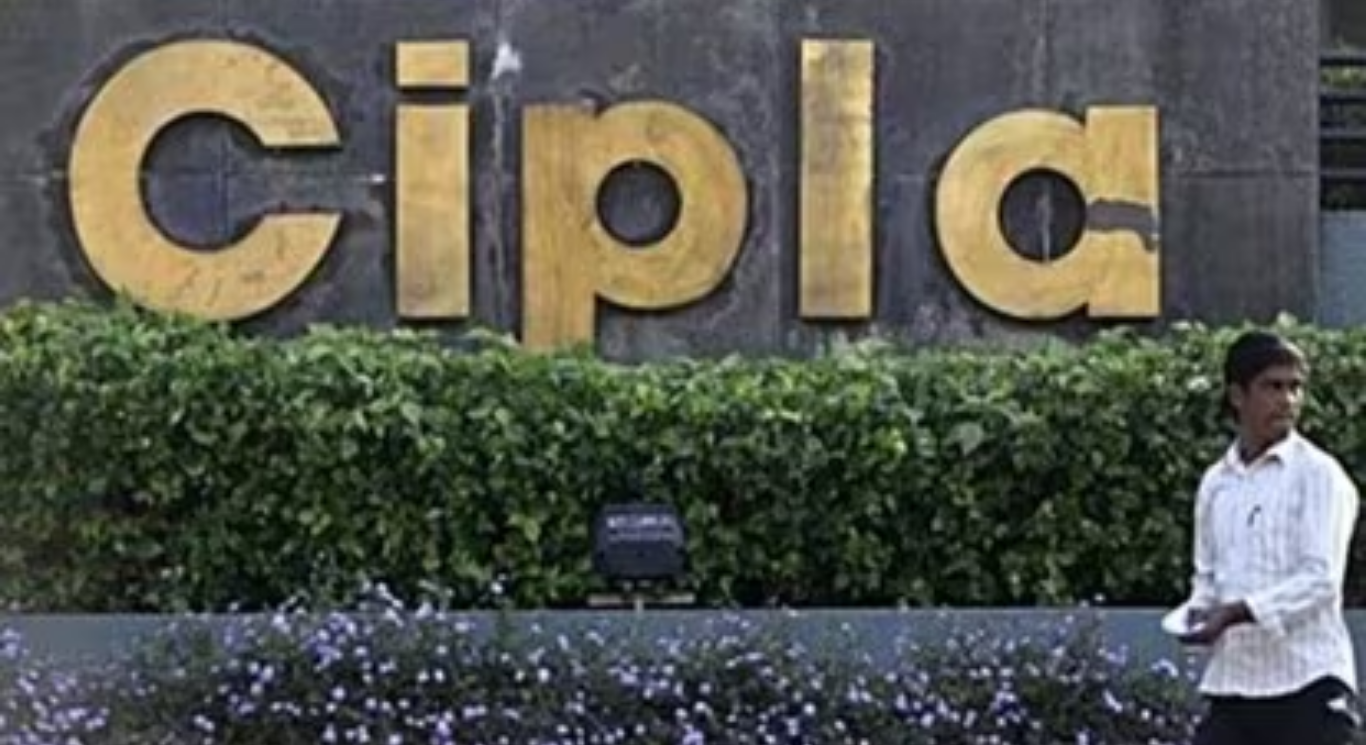


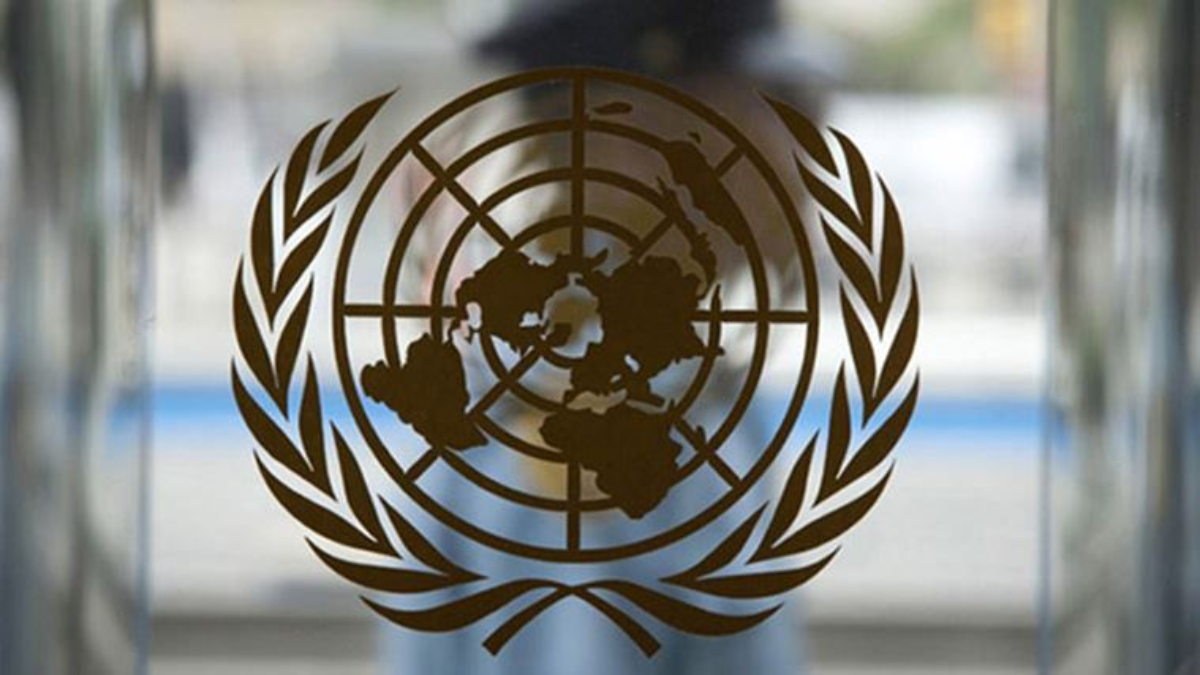
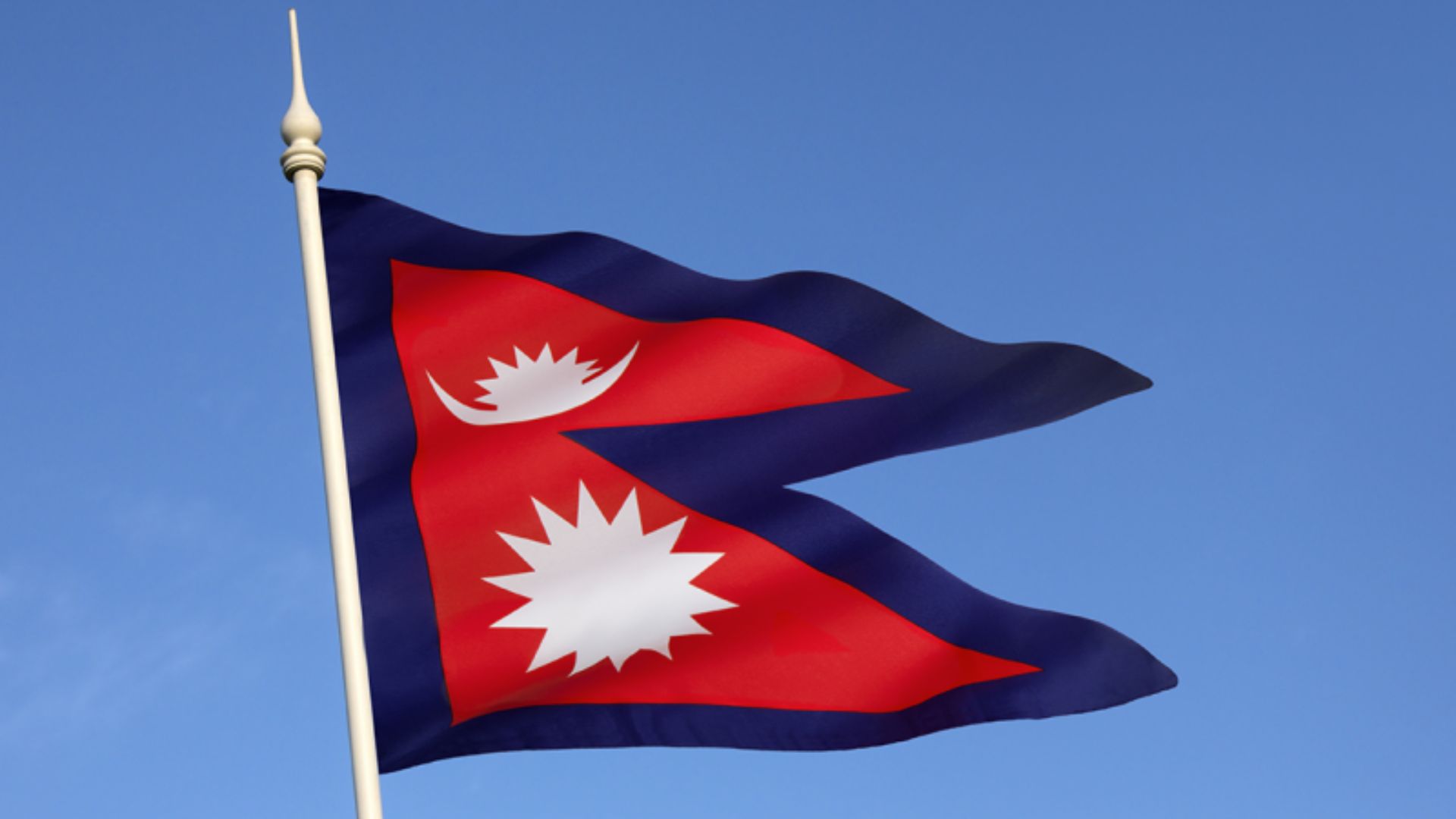

U.S. officials are expected to highlight during an event in New Delhi on Thursday that the G7’s price cap on Russian oil exports is diminishing Moscow’s revenue to sustain its invasion of Ukraine. They will also emphasize how the recent actions of Indian refiners contribute to the effectiveness of this mechanism, according to prepared remarks.
According to the Treasury, Eric Van Nostrand, Assistant Secretary for Economic Policy, and Anna Morris, Acting Assistant Secretary for Terrorist Financing, from the U.S. Treasury will deliver remarks at an event organized by the Ananta Aspen Centre in New Delhi. This information was conveyed to Reuters on Wednesday.
“We know that the Indian economy has much at stake in the Russian oil trade, and has much at stake from the global supply disruptions that the price cap is designed to avoid,” the officials will say.
READ MORE
North Korea confirms it test fired new hypersonic missile
India has emerged as one of the leading purchasers of Russian oil as Western sanctions have redirected the crude market from Europe to Asia. This has resulted in additional expenses for Russia, which relies on an aging “shadow fleet” of tankers to transport the oil over longer
Historically, New Delhi has maintained strong economic and defense relations with Moscow and refrained from criticizing Russia for its actions in Ukraine. However, last week, the foreign ministers of Ukraine and India announced their agreement to restore trade and cooperation to pre-invasion levels.
The G7 countries, the European Union, and Australia have implemented a price cap that prohibits the use of Western maritime services such as insurance, flagging, and transportation for tankers carrying Russian oil priced at or above $60 per barrel. This mechanism was introduced following Russia’s invasion of Ukraine in February 2022.
Since October, the U.S. has implemented the price cap through sanctions, including the designation of Sovcomflot (SCF), Russia’s state-owned shipping company, in February. The effectiveness of the measures against Russia is further bolstered by the decisions of global refiners, including India’s Reliance Industries, to refrain from purchasing Russian oil transported on SCF tankers, the officials will explain.
The Treasury projects that the gap between the price of Russian Urals oil and the Brent international benchmark has expanded from approximately $12-$13 per barrel prior to October to $18 in January, and to around $17 to $18 in February, which is the latest month for which data is available, the officials will indicate.
“The United States, together with the rest of the (price cap) coalition, will need to remain vigilant and ensure that the policy, its implementation, and enforcement are deployed to inflict financial burden on Russia and keep global energy markets stable,” the officials will say.
ALSO READ
Rajiv Gandhi Assassination Case Convicts Deported to Sri Lanka from Chennai Airport


